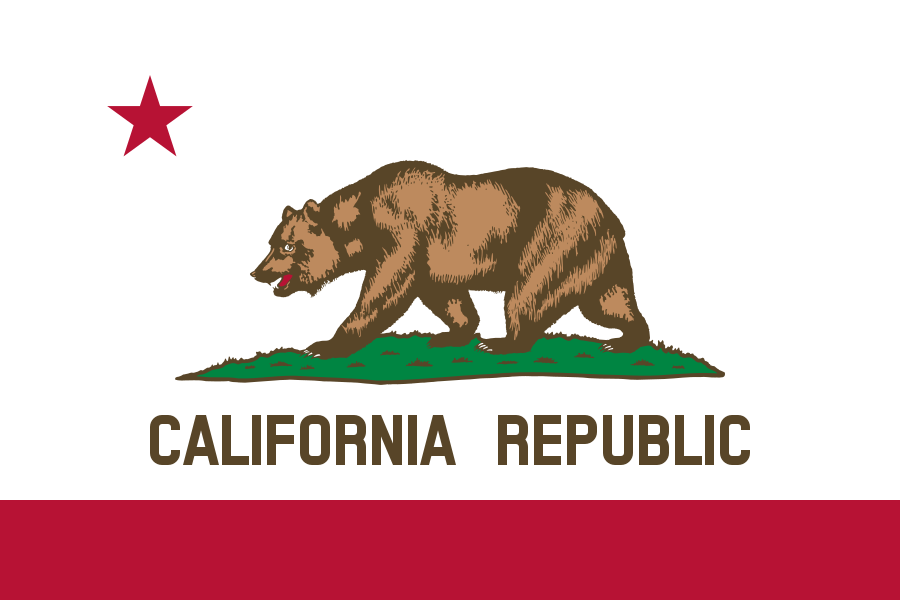Being familiar with the California background check laws ensures that you understand your rights and the limitations on information that you may access through public records.
California Background Check Laws
In California, the Department of Justice is responsible for maintaining a database of records for criminal records. The information in the California criminal records is obtained from courts, probation departments, sheriffs, police, and district attorneys. The information for an individual that is provided by these agencies is consolidated into a rap sheet. An individual’s rap sheet is available for review by law enforcement, as well as for employment and state licensure. Background checks include fingerprint searches for the state of California and the Federal Bureau of Investigation.
California allows for mandatory and permissive background checks. Mandatory background checks do not require the authorization of the individual. Such approval is required for permissive background checks.
How Background Checks are Used
In California, background checks for employment ensure that individuals who are in positions of authority and responsibility are able to properly perform their duties. A criminal history for an individual provides information about:
- Arrests
- Misdemeanor and felony charges
- Convictions
The results of the background check may or may not disqualify an individual for a specific position with an employer. This is determined by the employer with consideration for the nature of the job and the relevancy of any criminal records for the individual.
How to Request a Background Check in California
The BCIA 8016 form must be completed by the applicant and submitted to the live scan operator along with current identification. The state of California requires that fingerprints be taken only by certified individuals using a certified fingerprint roller or by a member of law enforcement. The fingerprints and personal information are sent to the Department of Justice within 24 hours.
The Department of Justice runs the criminal records for the individual at the state and FBI level. If there is no match for the fingerprints, the process takes only a few days. If the fingerprints do match a criminal history record, the technician reviews the results, and this can take an undesignated amount of time.
You may incur a background check cost for each request.
How Far Back Does a Background Check Go
In most cases, a background check will go back seven years, but the applicant may be able to request a background check for a longer period of time if it is justified.
Locating Court Records in California
In some cases, you may want to review court cases for an individual rather than the criminal record. California does not have an online portal like some other states. You can locate the court where the case was heard at http://www.courts.ca.gov/courts.htm
Each court has unique requirements for obtaining court records. Use the “Find a Court” feature on the website to locate the court and the related contact information.
California Inmate Search
The California Department of Corrections and Rehabilitation provides an online portal for inmates at https://inmatelocator.cdcr.ca.gov/
If you’ve been arrested, but not convicted, the website will not have any information. If you’ve been to jail, the website will have your information available as public records.
Megan’s Law and the California Sex Offender Registry
The sex offender registry for California is available at https://www.meganslaw.ca.gov/mobile/Disclaimer.aspx
You can search by:
- First and/or last name of the offender
- Address, including a specific radius and transient offenders
- Registered sex offenders near your current location as determined by your mobile phone and device
The results of the search show the offenders:
- Mugshot
- Full name
- Current address with a link to a map
- Profile
The profile details:
- Birthdate
- Aliases
- Physical description
- Offenses
- Risk Assessment
- Address history
- Scars, marks, and tattoos
Information that is Not Available Through the State of California
Background checks in California will not provide:
- Social media accounts and activities
- Marital status

